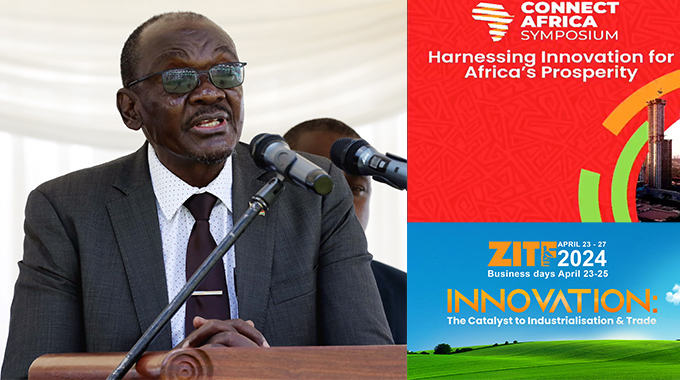Unki Mine toes indigenisation line
Bianca Mlilo, Business Reporter
ANGLO-American Platinum Limited says 75 percent of proceeds from its Unki Mine near Shurugwi would be re-invested in the country in line with the indigenisation regulations.
Anglo-American Ltd is the parent company of Unki, Rustenburg, Union and Marikana mines.
In a statement accompanying the interim financial results for the six months ended June 30, 2016, the conglomerate lauded President Mugabe’s clarification in April of the indigenisation regulations in the country.
“In terms of the statement, existing mining companies such as Unki would achieve compliance with the indigenisation requirements through ensuring that at least 75 percent of gross sales proceeds are spent and retained in Zimbabwe,” said Anglo-American.
The Government crafted the indigenisation regulations as part of its empowerment drive meant to ensure that locals own the means of production and are in charge of the country’s economy.
The indigenisation and empowerment laws empower locals to have 51 percent stake in natural resource based businesses such as mining with foreigners retaining 49 percent. Non-resource sectors are open to joint ventures and partnerships under different ministries while the retail sector is reserved for locals.
Meanwhile, Anglo-American Platinum Limited says it has identified R1 billion to save through reducing its workforce, with 40 percent of that figure having been saved in the first half of this year.
It indicated that it had consolidated some of its mines to become smaller entities, an example being that of the five Rustenburg mines being combined to two.
“The company has identified R1 billion of overhead cost savings through the reduction of 400 managerial positions, resulting in R200 million per annum of overhead labour cost savings,” reads part of the statement.
“R800 million can also be saved through non-labour overhead savings. In first half (H1) 2016, R400 million of these overhead savings had been achieved with the full R1 billion run rate to be achieved by Q4 2016.”
The company said since 2013 it had reduced unprofitable platinum production by placing Marikana on care and maintenance, consolidating the Rustenburg mines from five to two mines and Union from two to one mine and the closure of the Union declines.
The company said it envisaged that the global platinum market would remain tight in 2016 driven by constrained primary supply in South Africa and demand growth was expected to remain muted.
“Autocatalyst demand is supported by positive momentum in light vehicle sales in Western Europe, up nine percent, with platinum light duty diesel loadings set to rise again in 2016 as a result of Euro 6b implementation,” the statement further reads.
“Potential for South African primary supply growth is limited as the low price environment weighs on development capital and operating costs.
“Secondary supply from autocatalyst recycling is forecast to strengthen modestly following a fall in 2015, owing to weaker scrappage economics during last year.”
The company said despite the increase in platinum price over the first six months of 2016, the average price remained below 2015 levels, which was a cause for concern.
“The platinum price rallied from a multi-year low in US dollar terms in January 2016 as concerns over the US and the global economy depressed the US dollar, although it remains below previous year levels.”









Comments